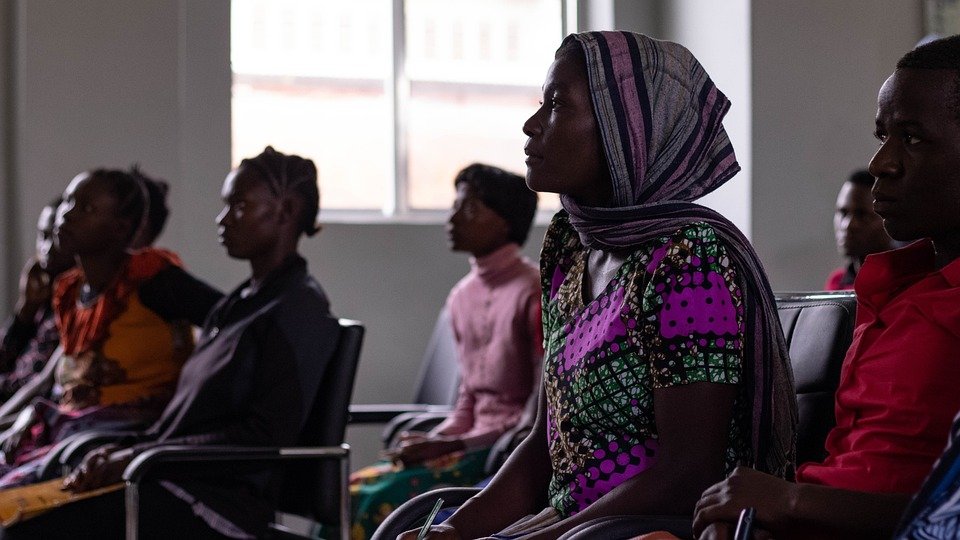[ad_1]
In today’s world, ensuring the safety and security of an event is of utmost importance. With the potential for threats ranging from terrorist attacks to unruly attendees, event security has become a top priority for event organizers and planners. Therefore, it is essential to take proactive measures to guard against potential threats and minimize the risk of security breaches.
Here are the top 10 tips to strengthen event security and ensure the safety and well-being of all attendees:
1. Conduct a comprehensive risk assessment: Before planning any event, it is crucial to conduct a thorough risk assessment to identify potential security threats and vulnerabilities. This will help in devising a comprehensive security plan to mitigate potential risks.
2. Implement access control measures: Limiting access to the event venue through the use of badges, wristbands, or tickets can help prevent unauthorized individuals from entering the premises. It is also important to have security personnel stationed at entry and exit points to monitor and control access.
3. Utilize technology for surveillance: Install CCTV cameras at strategic locations within the event venue to monitor and record activities. This will not only help in deterring potential threats but also provide valuable evidence in the event of any security incidents.
4. Train security personnel: It is essential to ensure that the security personnel are well-trained and equipped to handle various security scenarios effectively. They should be knowledgeable about emergency response protocols and be able to communicate effectively with law enforcement and emergency responders.
5. Coordinate with local law enforcement: Collaborating with local law enforcement agencies can provide valuable support in terms of crowd control, emergency response, and intelligence gathering. It is beneficial to have a security liaison who can communicate and coordinate with law enforcement throughout the event.
6. Implement bag checks and metal detectors: Conducting bag checks and using metal detectors at entry points can help in detecting and preventing the entry of prohibited items such as weapons or dangerous substances.
7. Plan for emergency situations: Develop a comprehensive emergency response plan that outlines procedures for evacuation, medical emergencies, and communication protocols. It is important to ensure that all event staff and security personnel are familiar with the emergency response plan and are trained to respond effectively in critical situations.
8. Engage with security consultants: Seeking advice from security consultants or experts can provide valuable insights into potential security threats and strategies for enhancing event security. They can offer personalized security solutions tailored to the specific needs of the event.
9. Communicate security measures to attendees: It is important to communicate the security measures in place to all attendees prior to the event. This can be done through event websites, social media, or email communications. Informing attendees about security protocols can help in creating a sense of awareness and vigilance.
10. Conduct post-event debriefing: After the event, it is essential to conduct a post-event debriefing to evaluate the effectiveness of the security measures and identify any areas for improvement. This will help in refining security protocols for future events.
In conclusion, safeguarding an event against potential threats requires careful planning, proactive measures, and effective coordination. By implementing these top 10 tips to strengthen event security, event organizers can ensure the safety and security of all attendees and create a secure environment for a successful event.
[ad_2]

